Formal and Informal Assessments

Formal and informal assessments should both be used during transition planning. The differences between the two instruments and examples of each can be found below.
| Formal Assessments | Informal Assessments |
| • Standardized Instruments • Tested for reliability and validity • Scores can be compared across student populations. • Guidelines for administering, scoring, and interpreting | • Not Standardized • Lack formal reliability and validity measures • No comparison with other students. • Can be used to collect data from a variety of • individuals • Useful in designing and evaluating the effects of instructional interventions |
Assessment Examples
| Formal Assessments | Informal Assessments |
| • Achievement Tests • Intelligence Tests • Adaptive Behavior Scales • Behavior Rating Scales • Interest inventories • State Assessments • Social Skills Inventories • Self-determination Scales • Comprehensive Transition Inventories • Independent Living Assessments • Aptitude Test • Vocational Evaluation • Career Development Inventory • SAT •ACT • ASVAB • Vocational Skills | • Interviews • Questionnaires • Teacher generated assessments • Classroom Observations • Worksite observations • Situational Assessments • Discovery process • Record Reviews • Interest Surveys • Environmental Analysis • Employer Evaluations • Preference Checklists • Work Preference and Values Survey • Self-Advocacy/Self-Determination Checklist • Assessing College Readiness Checklist • Task Analysis |


